 Radio silence due to coronavirus COVID-19: Ham Radio not taking place as planned
Radio silence due to coronavirus COVID-19: Ham Radio not taking place as planned
15.04.2020
Friedrichshafen – Due to current developments in regard to the spread of coronavirus COVID-19, Messe Friedrichshafen has been forced to make a very difficult decision: the international amateur radio exhibition Ham Radio will not be taking place in the planned period of June 26 to 28, 2020, but instead from June 25 to 27, 2021. The Federal Government and the Minister-Presidents of the Länder decided yesterday, April 15 that no major events shall take place until August 31, 2020.
“Due to current developments relating to the coronavirus, we have the unfortunate duty of announcing that we cannot hold the 45th edition of Ham Radio as planned,” explains Klaus Wellmann, Managing Director of Messe Friedrichshafen. In recent weeks, it was already necessary to make the same decision in regard to other events (Aqua-Fisch, IBO, AERO, Tuning World Bodensee, and Motorworld Classics Bodensee). Project Manager Petra Rathgeber also expressed her sadness about this turn of events: “We very much regret that this event cannot take place as planned. However, the health of all exhibitors and visitors is of utmost importance to us. Unfortunately, our trade fair calendar and the dates of other industry events leave no room for postponing this fair to another date this year.” Christian Entsfellner, Chair of the German Amateur Radio Club (DARC), adds: “Our members, domestic and foreign guests, and we ourselves have been hit hard by this decision, which now became necessary to make on short notice. Until we get together again in Friedrichshafen, we as amateur radio operators are looking forward to keeping in contact with one another using amateur radio.” However, radio amateurs do not have to do without everything the Ham Radio fair normally has to offer: On the Ham Radio website, exhibitors will be presenting product innovations in the form of a virtual trade fair. DARC will also be offering presentations there.
The exhibitors, visitors, and partners involved are currently being informed about this opportunity.
 Just a quick message to say that I am still waiting for the 9J2LA Cards to arrive from UX5UO QSL Print in the Ukraine. Normally they would have been here before now and mailed out but as yet nothing received.
Just a quick message to say that I am still waiting for the 9J2LA Cards to arrive from UX5UO QSL Print in the Ukraine. Normally they would have been here before now and mailed out but as yet nothing received. Just a quick message to say that I am still waiting for the 9J2LA Cards to arrive from UX5UO QSL Print in the Ukraine. Normally they would have been here before now and mailed out but as yet nothing received.
Just a quick message to say that I am still waiting for the 9J2LA Cards to arrive from UX5UO QSL Print in the Ukraine. Normally they would have been here before now and mailed out but as yet nothing received.
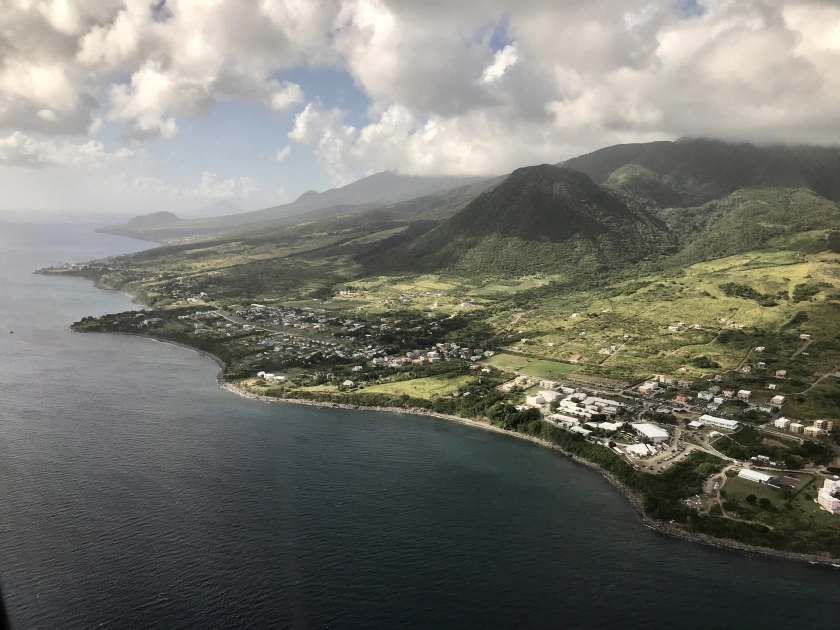 You may find this Blog of interest.
You may find this Blog of interest. Radio silence due to coronavirus COVID-19: Ham Radio not taking place as planned
Radio silence due to coronavirus COVID-19: Ham Radio not taking place as planned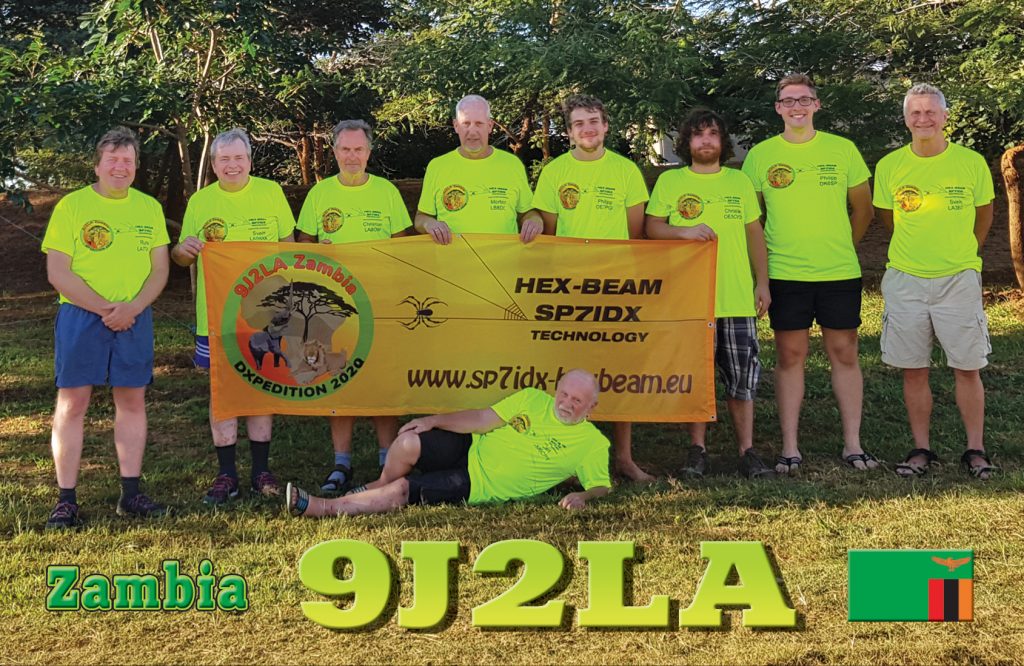 The 9J2LA QSL Card has now been prepared and was sent yesterday to UX5UO QSL Print. I estimate the cards will be out in 3-4 weeks depending on the status of the Postal Service World wide and any potential influence on it by the Covid-19 situation.
The 9J2LA QSL Card has now been prepared and was sent yesterday to UX5UO QSL Print. I estimate the cards will be out in 3-4 weeks depending on the status of the Postal Service World wide and any potential influence on it by the Covid-19 situation.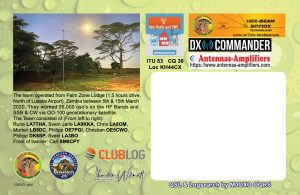
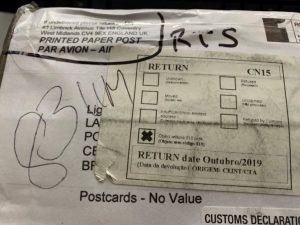 Brazil Customs Refuse Bureau cards and this is just the start to how things are going to change for shipment of Bureau cards around the world.
Brazil Customs Refuse Bureau cards and this is just the start to how things are going to change for shipment of Bureau cards around the world.

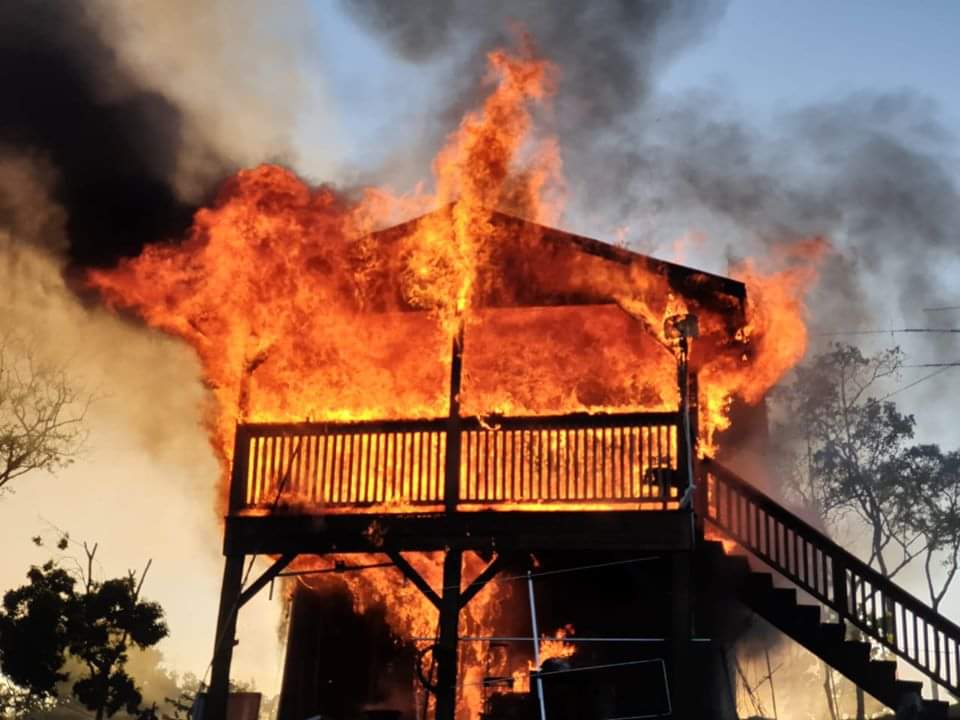 Very sadly, the Belize Amateur Radio Club (V31HQ) cabin has caught fire. No one was injured, however Andre V31DL (cabin owner) lost all equipment.
Very sadly, the Belize Amateur Radio Club (V31HQ) cabin has caught fire. No one was injured, however Andre V31DL (cabin owner) lost all equipment.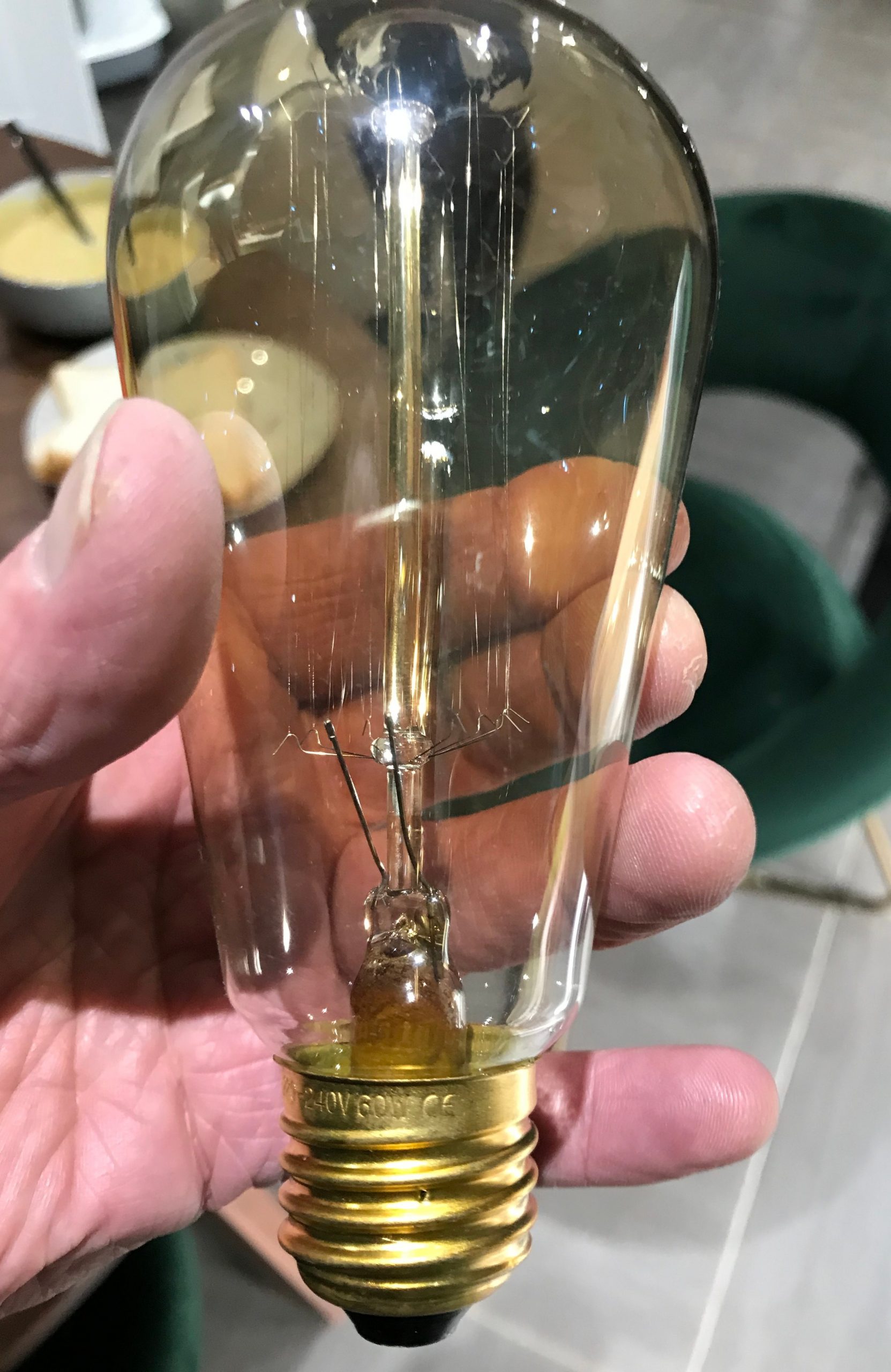 OFCOM engineers shine a light on interferencecaused to Aircraft
OFCOM engineers shine a light on interferencecaused to Aircraft Our
Our 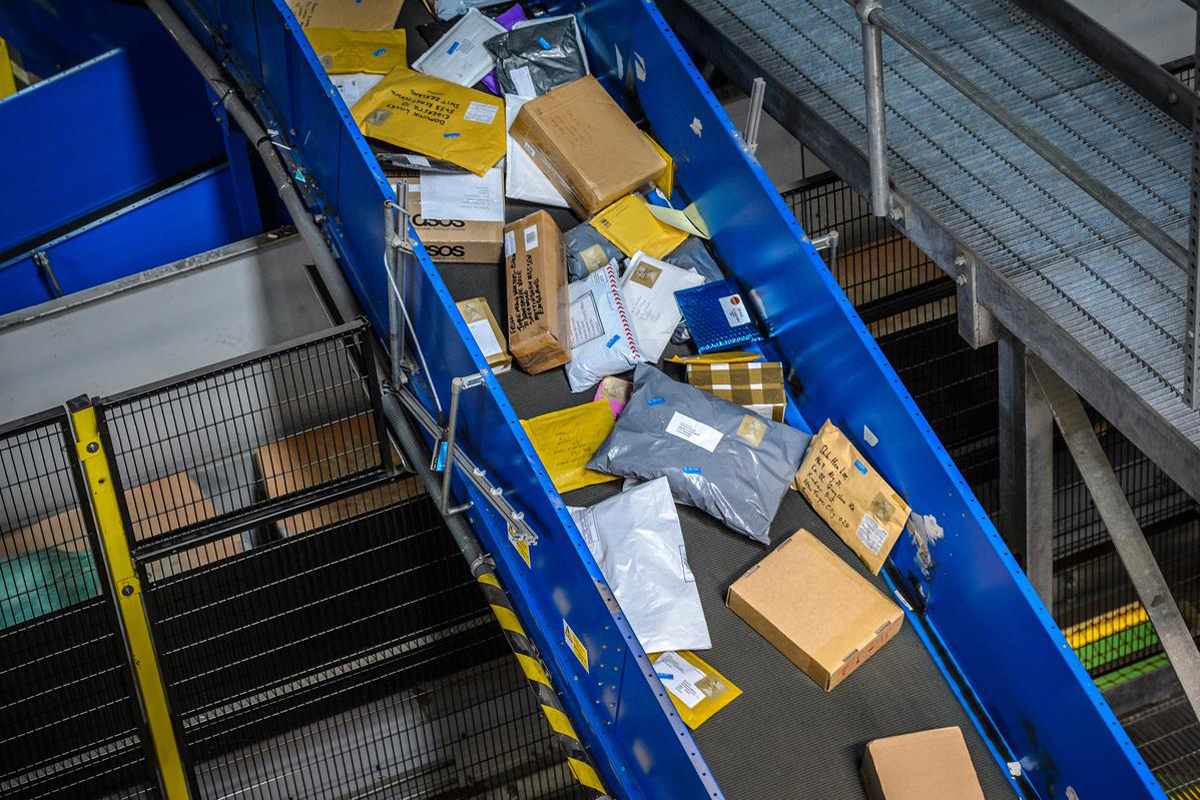 I have had several inquiries about how Covid-19 affects the delivery of your QSL cards. It is a fluid situation and after taking advice from Royal Mail i can inform you that posting from the UK is continuing as normal.
I have had several inquiries about how Covid-19 affects the delivery of your QSL cards. It is a fluid situation and after taking advice from Royal Mail i can inform you that posting from the UK is continuing as normal.